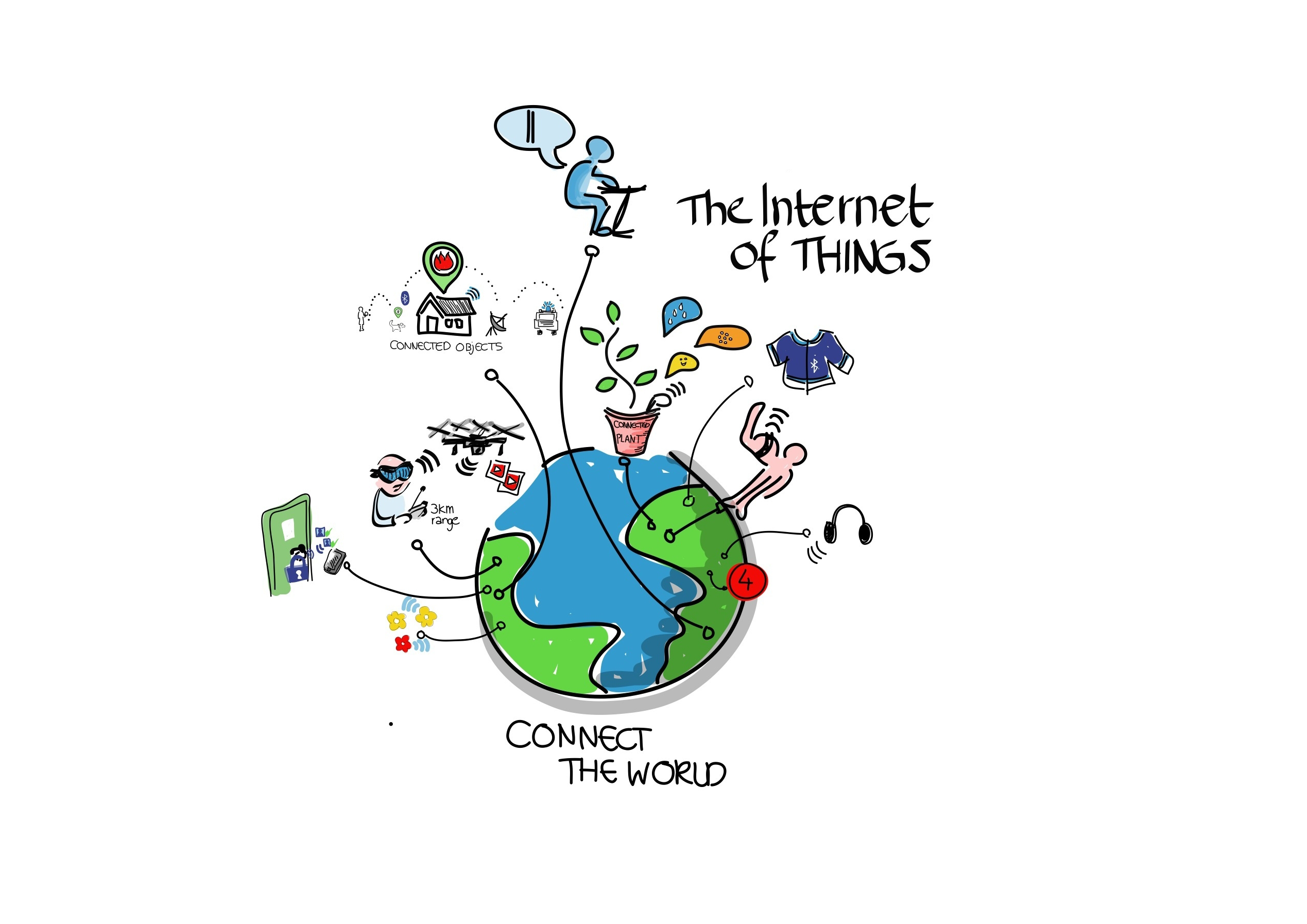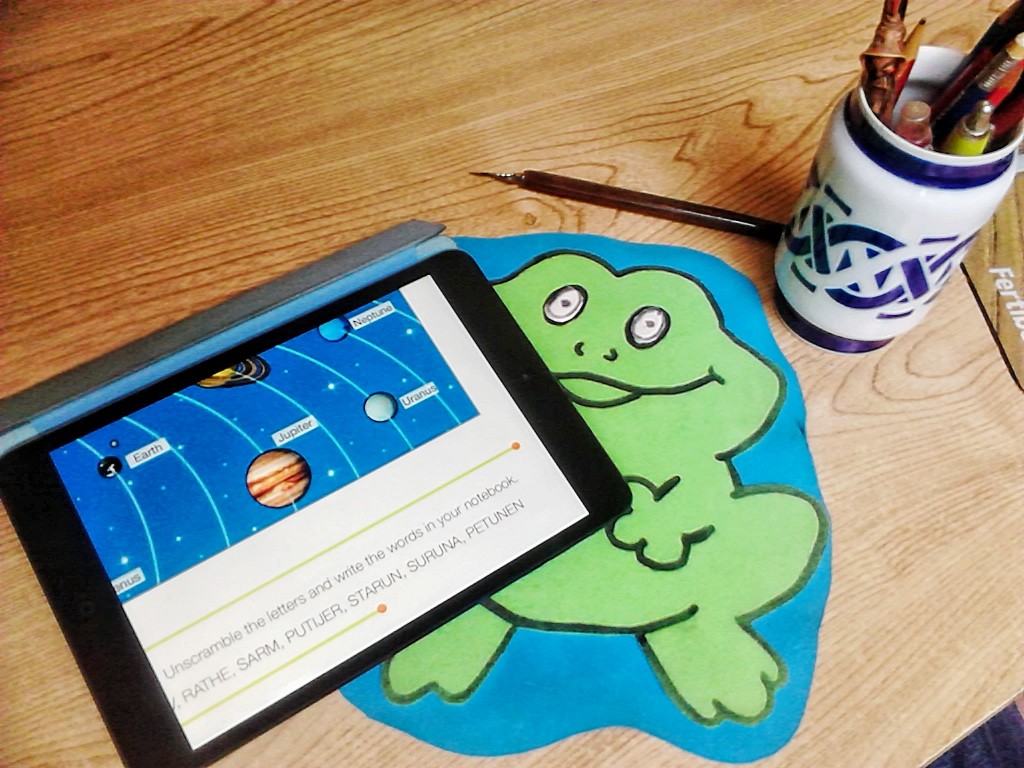
12 Aug The Internet Of Things: What It Means To You
A toothbrush that can keep your dentist updated about your oral health. Google Glass. Self-driving cars.
This is just a snippet of the future as promised by the ‘Internet of Things (IoT)’.
No doubt you’re aware of the hype surrounding this new buzz word, which seems to only increase as time goes on. This is particularly true when you see statistics such as IoT becoming a multi-trillion dollar industry in the near future (via PwC’s 6th Annual Digital IQ Survey), and the number of things connected to the internet predicted by Cisco to be 50 billion by 2020.
Those stats are impressive, sure, but the number of internet-connected devices and the potential value of the market probably mean little to you as an individual and to society as a whole. So, what’s all the hype about? How will the IoT impact you?
Before we launch into the why, let’s discuss the what.
Understanding the IoT: Fixing The Flaw In How We Capture Data
The term was originally coined by Kevin Ashton, cofounder of the Auto- ID Centre at MIT in 1999, when he and his team created the global standard system for RFID and other sensors.
In an article on RFID Journal, Ashton explains the basis behind this term lies in the current dependency on human beings to generate information for today’s computers and the Internet. Ashton sees this as a major flaw in how we capture data, as “people have limited time, attention and accuracy – all of which means they are not very good at capturing data about things in the real world. “
So, by connecting more objects and even living things to the Internet, Ashton believes more data can be captured more accurately. Simply put, humans will no longer be the sole source of data.
What Does The Internet of Things Mean For You?
At present, the biggest benefit for individuals from the IoT movement revolves around a concept that has become an important performance indicator at work as well as your personal life.
This term has helped spur on the adoption of mobile devices, which promised improved productivity through increased access to information and channels of communication on the go.
The Internet of Things will expand on this, bringing with it new ways to be more productive in all aspects of your life.
Accessing Information When You Need It… Before You Know You Need It
One of the biggest benefits mobile devices such as smartphones and tablets offer to us is the ability to access any type of data wherever we are. While this has already had a huge impact in how we work and go about our daily lives, the Internet of Things sees our devices improving upon this idea of contextual experiences.
In an article on iQ by Intel, PSFK Labs talks about how contextual experiences can streamline the way we interact with our devices. The article’s main argument for contextual experiences and its value for productivity lies within convenience. This constant need of ours to try and simplify as many elements of our busy lives as possible is at the core of many technologies developed in the past, with the IoT as no exception.
By delivering “relevant information or experiences tailored to the time of day, the people we’re with, the places we go and our current activities,” we will see ‘Search’ redefined.
The article cites Cover, an Android app that surfaces apps when and where you need them, as an existing example of contextual experiences. The app learns where and when certain apps you most commonly use. This information is then used by the app to change the selection on your lock screen, providing you with what you need when you need it.
An interesting example of a future application of contextual experiences alluded to in the article, could see us frequently updated about our health as we go about our day. Such contextually based information has the potential to give us a whole new insight into our bodies and how they react to our environment.
Changing The Way We Work
While productivity is the most commonly cited benefit of the IoT for workers, in an article for Business News Daily, Sara Angeles discusses some other interesting ways the IoT will transform the way we work.
She raises an interesting point about the affect the IoT will have on the types of roles of the future. Namely, if you happen to fall into any roles that require the collection, analysis and application of data (i.e. data analysts or strategists), new roles may be created or existing roles expanded. This is all due to the increasing amount and complexity of data that more internet-connected devices will bring.
Somewhat linked to productivity, the Internet of Things could also help ease the pain of your daily commute. This isn’t just referring to self-driving cars, but rather your device, cars and the road you drive on talking to each other to reduce your travel time. Quoting Macario Namie, vice president of Jasper Wireless,
“Imagine a world in which a city’s infrastructure installed roadside sensors, whose data could be used to analyze traffic patterns around the city and adjust traffic light operations to minimize or perhaps eliminate traffic jams. This could save a few minutes, if not hours of our day.”
What Does The Internet of Things Mean For Society?
The guiding principle of the Internet of Things – that is, the ability to collect data from a variety of objects and living things – has great potential for being used for social good.
IoT technology is already being used across a range of public sectors, including healthcare, education, infrastructure and natural disaster response among others, to improve services in these areas. The success of current implementations of IoT technology, help us understand the future benefits this technology could bring in the public sector.
Improving Natural Disaster And Relief Response
In an article for the Huffington Post, Tae Yoo (SVP, Cisco) examines how the IoT can improve disaster response and relief efforts by “getting the right information, in the right format, to the right people, on the right device.”
She offers an interesting look at how existing IoT technology has already helped manage natural disasters more effectively. One example she provides is the 2010 earthquake in Haiti, in which volunteers from around the world used the Internet to crowdsource maps of the region and translate requests for aid from Creole to English.
Giving More Students Access To High-Quality Teachers
Providing access to education is among the top priorities of many countries, both developing and developed. With the Internet of Things, this could become much more achievable.
As part of a global study of IoT capabilities across 40 key public sector use cases, Cisco profiled how Amrita University (Coimbatore, India) developed a distance-learning platform to support teachers and deliver content to more students in India.
Dubbed A-View (Amrita Virtual Interactive E-Learning World), the platform was developed initially to address the shortage of qualified teachers, by allowing the university’s best teachers to teach students across its five campuses in India. After receiving sponsorship from the government of India as well as the growth in online connectivity, the platform has moved away from satellite broadcasts of classes to an internet-based multimedia teaching and training forum.
By leveraging the growth of online connectivity, the A-VIEW platform now provides many types of multimedia content to more than 450 universities and 4,000 colleges throughout India and abroad. This has provided training and support for tens of thousands of teachers, as well as allowing 100,000 students to study with high-quality teachers and resources.
While the Internet of Things is not immune to concerns such as security and privacy, the possibilities are nothing short of amazing. From improving natural disaster and relief efforts to connected roads, cars and other infrastructure, individuals and society both stand to benefit from the IoT movement.




